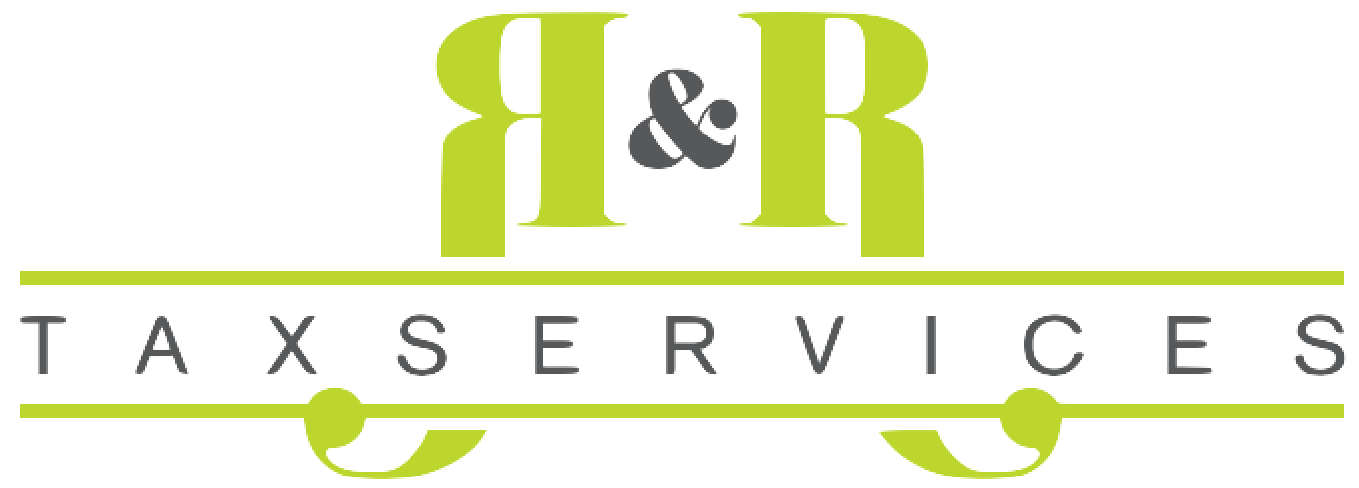You have a small business with a few employees, and payroll seems like no big deal right? As many small businesses find out as they begin to bring in revenue, payroll can take up a lot of time and be fraught with nuances that result in confusion, frustration, and headaches.
Many small companies struggle with the idea of outsourcing their payroll services, as they consider that it’s a simple enough job to handle in-house. So here’s the deal: taxes are complicated. You have likely learned this as a small business owner and taxpayer yourself. But owning a small business means that there are plenty of opportunities and benefits you qualify for. So part of keeping your company’s financial house in order is doing payroll efficiently and effectively.
Benefits of Hiring a Payroll Expert for Your Business
Some business owners struggle with delegating tasks. That’s because as a business owner, you are the kind of person that is self-reliant and resourceful, so you convince yourself that you got this. Except, here are the benefits of entrusting payroll to a professional:
1. Save Precious Time
Time is money, right? Your time is a valuable resource. Your business is better served by dedicating your time to developing your product, improving company culture, customer service, innovating new processes — you name it. There’s a good chance you are spending a good chunk of time each week or biweekly, doing your company’s payroll. So let’s do the math. If you spend 4-5 hours a week on payroll and multiply that by four weeks in a month, you get about 20 full hours of payroll time. That’s 1,040 hours a year you can focus on the greater vision of your business. So why not reclaim those 1,000 hours of precious manpower and leave your work to a tax pro?
2. Never Miss a Check
Payroll can get overwhelming and many issues come out of the woodwork to blindside you at the worst possible moment. You don’t want to leave an employee wondering where their paycheck went or why the deposit didn’t go through. Entrusting your payroll services to a professional means this never has to be on the back of your mind. Employees get paid when they need to get paid and your business operation flows seamlessly.
3. Ensure Regulatory Compliance
As a business owner, you’ve likely been introduced to a little thing called government regulations. These regulations reach deep into many facets of your business —some more than others depending on your industry— but they must be adhered to if you want to ensure compliance and clearance to keep your doors open. These regulations exist in the form of tax and payroll as well. Whether it is Fair Labor Standards, staying on top of health insurance or Affordable Care Act provisions, social security, and more, staying in compliance keeps things running smoothly. The IRS reported in 2014 that they issued $4.5 billion in penalties to small business owners for tax-related mistakes.
4. Avoid Unnecessary Slip-Ups
Mistakes are costly and messing up on your payroll can end up costing your company money. When a professional is taking care of your small business payroll, you can rest assured that no mistakes are going to come back and bite you in the behind. The IRS doesn’t take too kindly with, “oh I’m just learning.” So mistakes can end up being costly.
Common Questions and Concerns About Small Business Payroll
As business owners venture into the wonderful world of payroll, there are likely to be several questions that arise about how to ensure no mistakes are made and things are done correctly. So here are some of the expectations from the IRS and your employees.
What’s the difference between paying contractors and employees?
This is a big one. When paying employees and contractors the reality looks pretty different on paper. With employees, you must ensure you are paying federal and state unemployment taxes, Medicare, Social Security, and any more.
What are reporting requirements?
In addition to everything you have to keep track of, the state demands that you report certain information. These obligations include reporting data like new employees, payroll tax, providing W-2s or 1099’s for employees and contractors, paystubs or record keeping.
What’s the difference between paying hourly and salary employees?
The difference comes in the form of payroll, records, and more. With hourly employees, you typically need to keep a record of hours worked. This means using software to log employees in and out. It also becomes relevant when overtime laws and minimum wage laws come into the picture. Salaried workers receive a set amount each pay period.
Get Rid of the Headaches and Outsource Payroll for your Small Business
There is a lot to consider when it comes to payroll. Whether you have 20 or 75 employees, things can get hairy very quickly and demand more and more your time and attention. Here at R&R, we work with small businesses to provide reliable tax services like payroll.
Maximize your time and resources and find the right tax professional for your small business payroll. Call R&R today.

